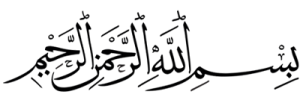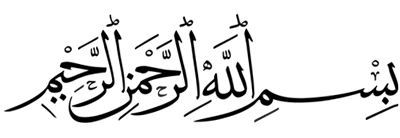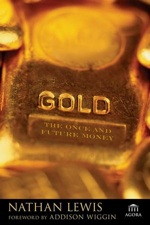
By Hisham Kassim (8 Shawwal – 1430 Hijri)
Surah al-Mutaffifeen 83:1-6 (Tafsir ibn ‘Abbas from http://www.altafsir.com):
وَيْلٌ لِّلْمُطَفِّفِينَ
And from his narration on the authority of Ibn ‘Abbas that he said regarding the interpretation of Allah’s saying: (Woe unto the defrauders): (Woe) severe punishment (unto the defrauders) in weighing and measurement; this refers to the people of Madinah who used to cheat in weighing and measurement before the coming of the Prophet (sallallahu ‘alaihi wa sallam) and so this surah was revealed to the Prophet (sallallahu ‘alaihi wa sallam) on his way when he was migrating to Madinah:
ٱلَّذِينَ إِذَا ٱكْتَالُواْ عَلَى ٱلنَّاسِ يَسْتَوْفُونَ
Allah then explained who these defrauders are, saying: (Those who when they take the measure from mankind) those who, when they buy from people and weigh or measure that which they buy for themselves, (demand it full) they weigh and measure their merchandise in full,
وَإِذَا كَالُوهُمْ أَوْ وَّزَنُوهُمْ يُخْسِرُونَ
(But if they measure unto them) but when they measure for others (or weigh for them, they cause them loss) they decrease the measurement or the weight and behave very badly; it is also said that the above means: severe punishment on that day is unto the defrauders in the prayer, the poor-due, fasting and other acts of worship.
أَلا يَظُنُّ أُوْلَـٰئِكَ أَنَّهُمْ مَّبْعُوثُونَ
(Do such (men)) those who deal in fraud in weight and measurement (not consider) not know and believe (that they will be raised again) brought back to life
لِيَوْمٍ عَظِيمٍ
(Unto an awful Day) the Day of Judgement whose horrors are great,
يَوْمَ يَقُومُ ٱلنَّاسُ لِرَبِّ ٱلْعَالَمِينَ
(The day when (all) mankind stand) after emerging from the graves (before the Lord of the Worlds) the Lord of every living being who walks on the earth and the Lord of the dwellers of heaven.
When the Prophet (sallallahu ‘alaihi wa sallam) read to them this surah, they repented and started giving full weight and measurement.
The Holy Prophet (sallallahu ‘alaihi wa sallam) said, “Khilafat (Caliphate) would continue for 30 years after Nubuwwat (Prophethood) then it will change into kingship.” (Hadith related by Hakim)
It is clear from this Hadith that the most accurate weight and measurement for the Shari’i Silver Dirham and Gold Dinar were from these 40 years of Nubuwwat and Khilafat and that the surviving coinage from this era should be studied to ascertain the true Nisab for Zakat, the third pillar of Islam.
Any monetary “reforms” thereafter cannot be deemed as representative of the coinage of this golden era as they were undertaken for administrative rather than spiritual purposes, and thus do not comply with the original definition of the Shari’i Silver Dirham and Gold Dinar.
May Allah Almighty grant us victory in reinstating the Nabawi definition of the Shari’i Silver Dirham and Gold Dinar as they were really meant to be as per the golden era of Rasulullah (sallallahu ‘alaihi wa sallam) and the Rightly-guided Caliphate of Abu Bakr, ‘Umar, Uthman, ‘Ali and Hasan (radiyallahu ‘anhuma). Amiin…




![[Most Recent Quotes from www.kitco.com]](https://i0.wp.com/www.kitconet.com/charts/metals/silver/t24_ag_en_usoz_2.gif)



